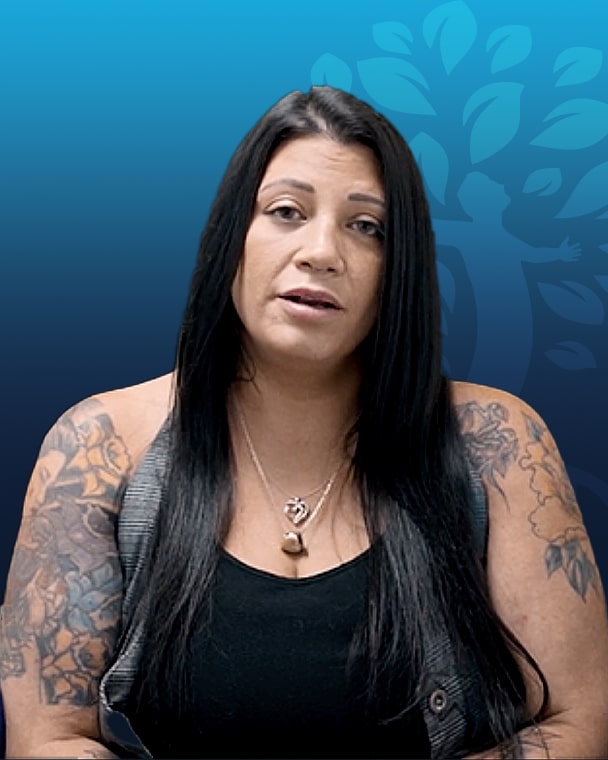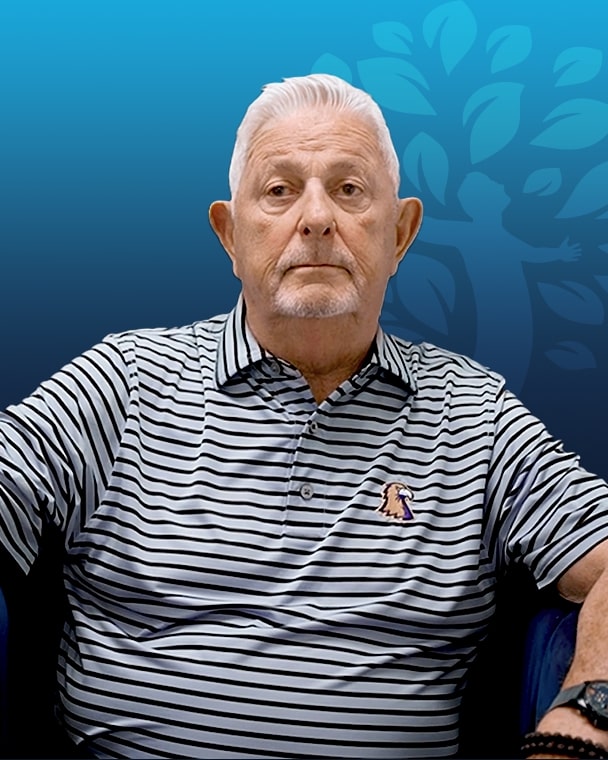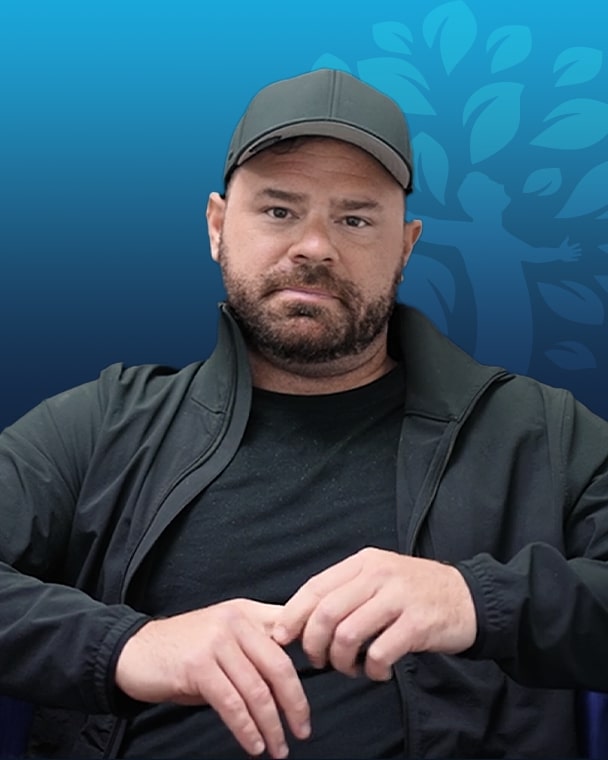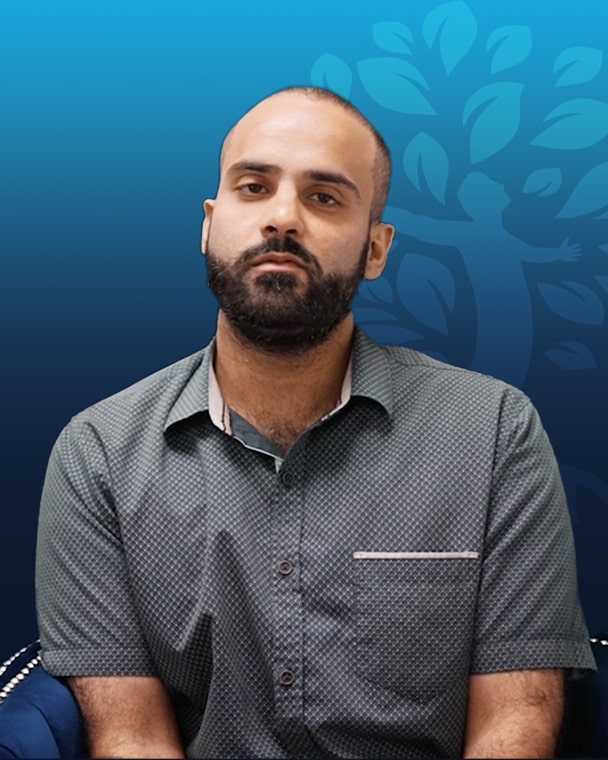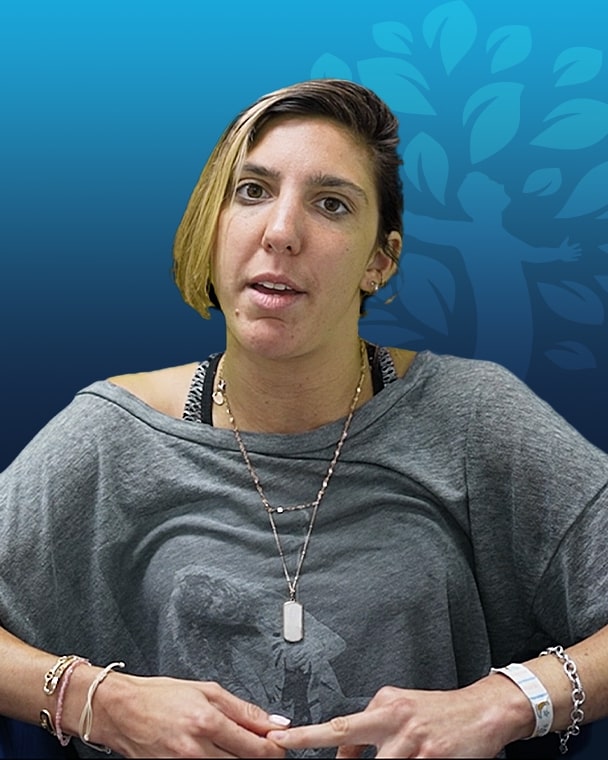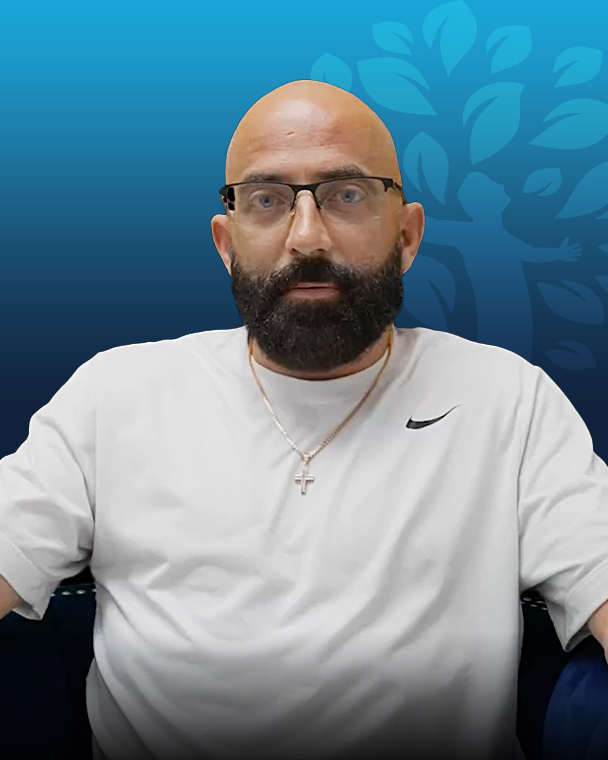
The Best Drug Rehab Centers Serving Delray Beach
The Best Drug Rehab Center Serving Delray Beach
With cities across the country dealing with high rates of substance abuse and addiction, efforts are being made to provide more accessible drug rehab to the people who need it. Delray Beach, Florida is no exception. Overdose, drug abuse, and addiction are all serious problems that need to be tackled.
Cocaine Addiction In Delray Beach
In 2016, a total of 405 people in Palm Beach County died with cocaine in their system. And just a year before that, cocaine killed 109 people in the city. Not to mention the fact that cocaine isn’t the only drug being abused or misused by people. Heroin, meth, and even prescription medications are being abused these days. Legacy Healing offers opioid addiction treatment for Delray Beach residents.
The good news is Legacy Healing Center offers drug addiction counseling in Delray Beach, and we are here to help those who are struggling with any substance abuse problems. Many of these facilities offer holistic methods, treating individuals physically, emotionally, and in some cases, even spiritually.
But patients need to understand how drug rehab works in order to make serious progress. They need to know what they are going through. Recovering from any addiction is not an easy task—so patients need to be prepared for a challenge. If the patient understands the process involved during treatment, it is way more likely to go smoothly.
Here is everything you need to know about the process of drug rehab and what it entails.
The Benefits of Drug Rehab in Delray Beach Florida
The goal of drug rehabilitation is to guide a person from addiction to sobriety. To accomplish this, the patient will be taught various tools that will help them build a productive life. As easy as this sounds, it gets quite challenging once you factor in all the symptoms that need to be managed and all the behavioral therapy that needs to be done.
For many addicted individuals, the most difficult part is even acknowledging a need for treatment. And once a person gets into rehab and begins treatment, they need to stay for the duration of the program to break free from drugs and get their life back on track.
Rehab can help a person break this cycle of addiction. People who are addicted to any substance need to be in a drug-free environment. They need to have people around who will hold them accountable for their goal of getting off drugs. Drug rehab begins with detoxification and transitions into therapy. The goal is to get rid of all the physical and mental health effects caused by the drugs.
Detox alone is not enough to break the addictive cycle for the long term. The real work is when the patient starts to address their own addictive behavior through counseling.
What’s good about rehab is that it helps patients learn all about their condition. Addiction is a stigmatized medical condition—and so it’s no surprise that many people don’t really understand it. And a person who is going through addiction might feel overwhelmed because of the downward spiral caused by substance abuse. Their health declines, their relationships suffer, their mental state becomes affected—and all other aspects of their life are affected by drugs.
During rehab, however, they get to learn about addiction and its effects. Patients come to realize that it is just another medical problem that can be solved. Learning about addiction means gaining insight into which people, events, habits, and sensory experiences trigger cravings for drugs.
Most rehab facilities will help you explore those triggers so you could learn how to properly deal with them. This means you can make a deliberate effort to avoid or manage them once you begin your transition into your daily life.
Rehab doesn’t just teach you about triggers. It helps you dig into the underlying issues that are causing your addictive behavior. There are countless reasons why people get addicted to drugs. But finding these reasons isn’t so easy if you’re trying to do it on your own. But trained professionals, addiction experts, counselors, therapists, and others can provide some valuable insight that can lead you to these discoveries yourself.
To give you a general idea about some of the most common reasons for drug abuse, a lot of people take drugs to cope with stress, help them get emotionally numb, avoid responsibilities, gain other people’s approval, and just feel good. Therapists also teach healthy ways to deal with stress, responsibilities, etc—instead of relying on illicit substances.
Counselors at rehab facilities are trained to help patients dig into these underlying issues, make sense of them and help find new coping skills.
Once addiction treatment is done, it is up to the patient to stay sober using the techniques they learned in rehab. This can be challenging for some people because it means returning to toxic environments and temptations. But thankfully, rehab teaches people how to build new habits and practices so that they can start channeling their energy towards something more productive and rewarding.
Rehab deals with a person’s history of poor discipline and self-care habits. Setting and accomplishing goals is a critical part of self-care for a person in recovery. A lot of people whether in recovery or not, do not know how to set goals that are likely to be achieved. They begin with sincere intentions, but they eventually abandon them because they did not approach goal setting with the proper mindset.
The repetitive cycle of wanting to change habits but continually falling short gradually weakens a person’s resolve to the point where they might stop trying. It does not help that certain addictive substances affect a person’s brain and cloud their judgment so they cannot make good decisions.
At first, a patient thinks they can tweak their schedule a bit and stop their use of substances, not realizing that addiction has a strong grip on their life. Addiction is compulsive by nature. But rehab can help you set short and long-term goals in the areas most important to a strong recovery. These areas include your physical and emotional health, relationships, and occupational or spiritual aspirations.
How Drug Rehab Works
Drug rehab combines behavioral therapy and counseling. It is more than just a detoxing effort. It is about fully clearing out the drugs from your system, including your mind, body, and spirit.
Medical professionals will treat co-existing health conditions and withdrawal symptoms. Therapists can get to the root of addictive behavior. And for those who want to get closer to God or strengthen their faith, many programs offer a faith-based approach.
The goal of drug rehab is to free the body of drugs and alcohol and help the patient learn how to live a sober life. This involves teaching them coping mechanisms for those times when they feel like relapsing.
Drug rehab and addiction treatment aim to make the person stronger, physically, mentally, and emotionally. By the time the treatment program ends, the patient will have learned how to strive for a drug-free life and build stronger relationships at all levels.
Finding The Right Center For Rehab. How Long Should You Stay? 30,60, and 90-Day Programs.
To get the most out of a drug rehab program, it is important to find the right treatment facility. At the very core of every treatment program is the desire to give patients a healthy and supportive environment, but there are facilities that offer programs that cater to a person’s needs. Family therapy, for example, is a treatment option that works well for patients who want their family members to be involved in their recovery.
Clinical studies have shown that the longer you stay in a supportive environment such as in a treatment facility, the lower your risk of relapse will be. Short term programs may last from several days to two weeks, while longer rehab programs may last 90 days or more.
A study by John Hopkins Medicine showed that patients who lived in recovery housing after a 14-day opioid detox program were up to 10 times more likely to stay clean and sober. Even patients who didn’t go through detox had higher rates of abstinence if they were able to live in a drug-free environment for 90 days.
This just proves that the more time you have to remain substance-free, the better prepared you will be to face life outside of drug rehab. Rehab helps people to practice healthy behaviors. But whether you’re looking for an inpatient rehab or an outpatient clinic, be sure to check whether the facility makes you feel safe.
Detox First, Then Start Rehab Treatment
Once detox has cleansed your system and you begin the process of recovery through rehab, you will realize that drug and alcohol addiction are more psychological than they are physical. This is why psychotherapy is a critical component of any drug rehab program.
A study published in Substance Abuse and Rehabilitation found that patients who completed an alcohol rehab program had lower rates of depression, borderline personality disorders, and attempted suicide compared to patients who did not complete their program.
Beyond just detoxing from drugs and alcohol, a proper rehab program should identify recurring mental health issues, provide specialized treatment for such disorders, and correct repetitive, negative thoughts that keep patients in an addictive mindset.
Therapists know how to defuse the emotional situations that set off the desire to drink or use drugs. These behavioral programs can strengthen a person’s sense of self and allow them to discover a sense of purpose. Motivation and confidence may be lost during addiction, and it is important to restore these things.
After rehab, the patient will be able to build stronger, more authentic relationships with loved ones, friends, and other people. This makes drug rehab an interesting exercise in self-exploration. Psychotherapy can help people reach a whole new understanding of themselves while conquering their addiction.
On top of all these benefits, rehab could help patients find or regain their hopes for the future.
Look for a rehab program in Delray Beach, Florida today!
Legacy Healing Center- Drug & Alcohol Rehab
1690 South Congress Ave Suite 202 A
Delray Beach, FL 33445
1690 South Congress Ave Suite 202 A
Delray Beach, FL 33445
Best Drug Rehabs In Florida
Inpatient Drug Programs South Florida
Article content
- The Best Drug Rehab Center Serving Delray Beach
- Cocaine Addiction In Delray Beach
- The Benefits of Drug Rehab in Delray Beach Florida
- How Drug Rehab Works
- Finding The Right Center For Rehab. How Long Should You Stay? 30,60, and 90-Day Programs.
- Detox First, Then Start Rehab Treatment
- Best Drug Rehabs In Florida
- Inpatient Drug Programs South Florida


Legacy Healing Center testimonials
Real People. Real experiences



Legacy Healing Center testimonials
What Our Alumni Has to Say
Absolutely beautiful! Staff is so caring and welcoming. Highly recommend to anyone who is struggling and looking to heal. This is the place for you!
Jacqueline C.
Honestly, it's not what you imagine when thinking "detox." Legacy made my experience so comfortable from beds, food, staff and such a clean facility. Besides all that they literally gave me life back. Forever thankful.
Avi S.
GET IN TOUCH
Contact Us
If you would like to get in touch with us or simply have any questions or comments, please call us today. Our helpline if 100% confidential.
Call Us
Email Us
Visit Us
1425 WEST CYPRESS CREEK ROAD, SUITE 201FORT LAUDERDALE, FL 33309



